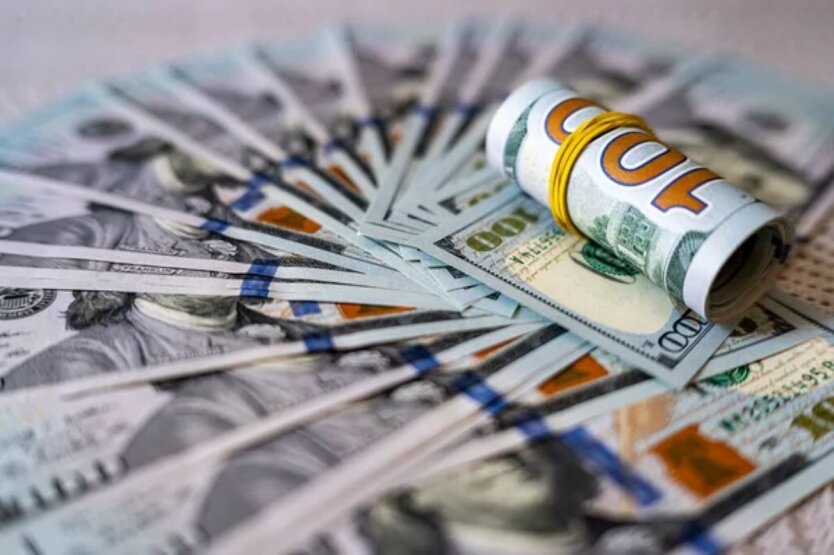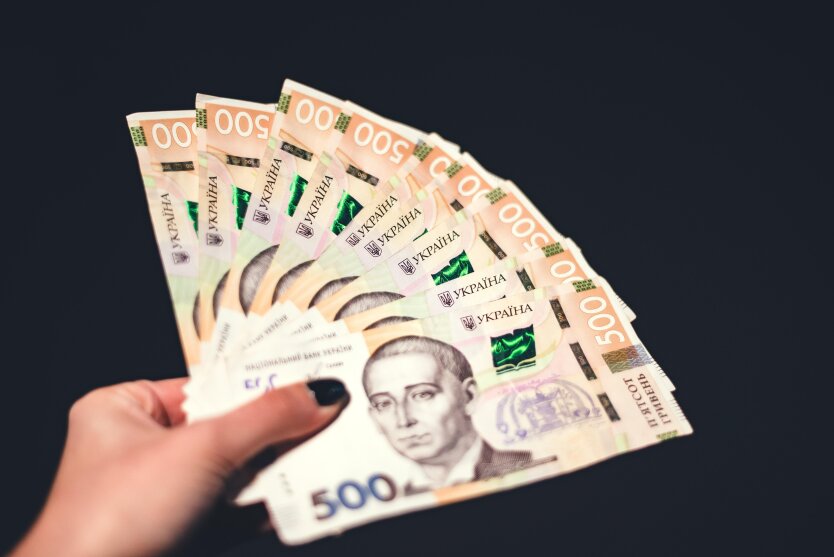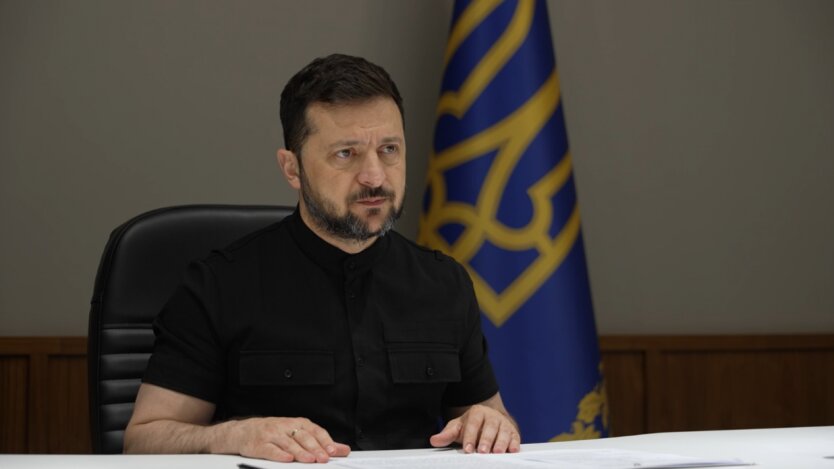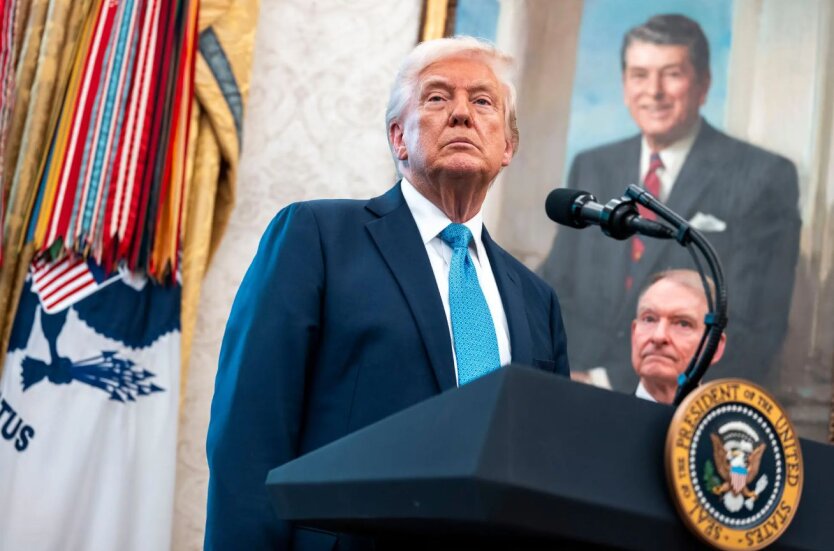What will happen to the euro in 2025.

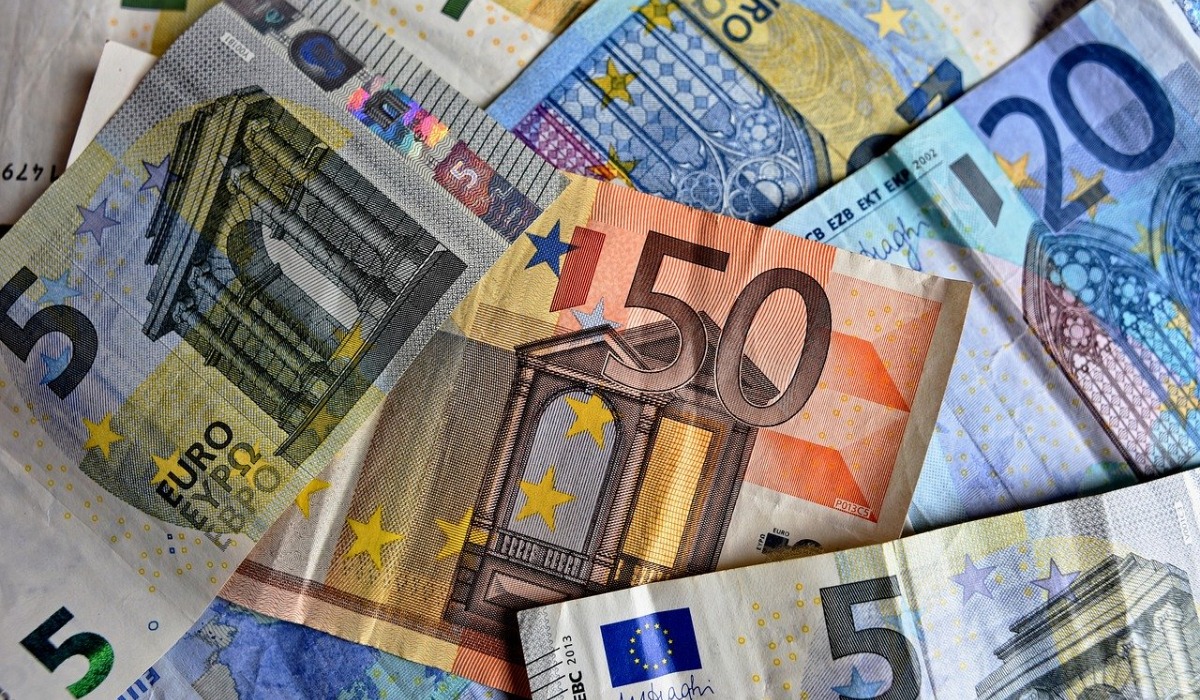
The euro is one of the most popular currencies in the world, and the most popular and even universal for Europe. Therefore, the question of what will happen to the euro in 2025 should be important for many Europeans. The state of many investors will also depend on the euro in 2025.
However, each forecast for the euro in 2025 is based on the trends that already exist or those that are only likely to develop. Therefore, the exchange rate remains a conditional value.
Forecast for the euro: what will the price be?
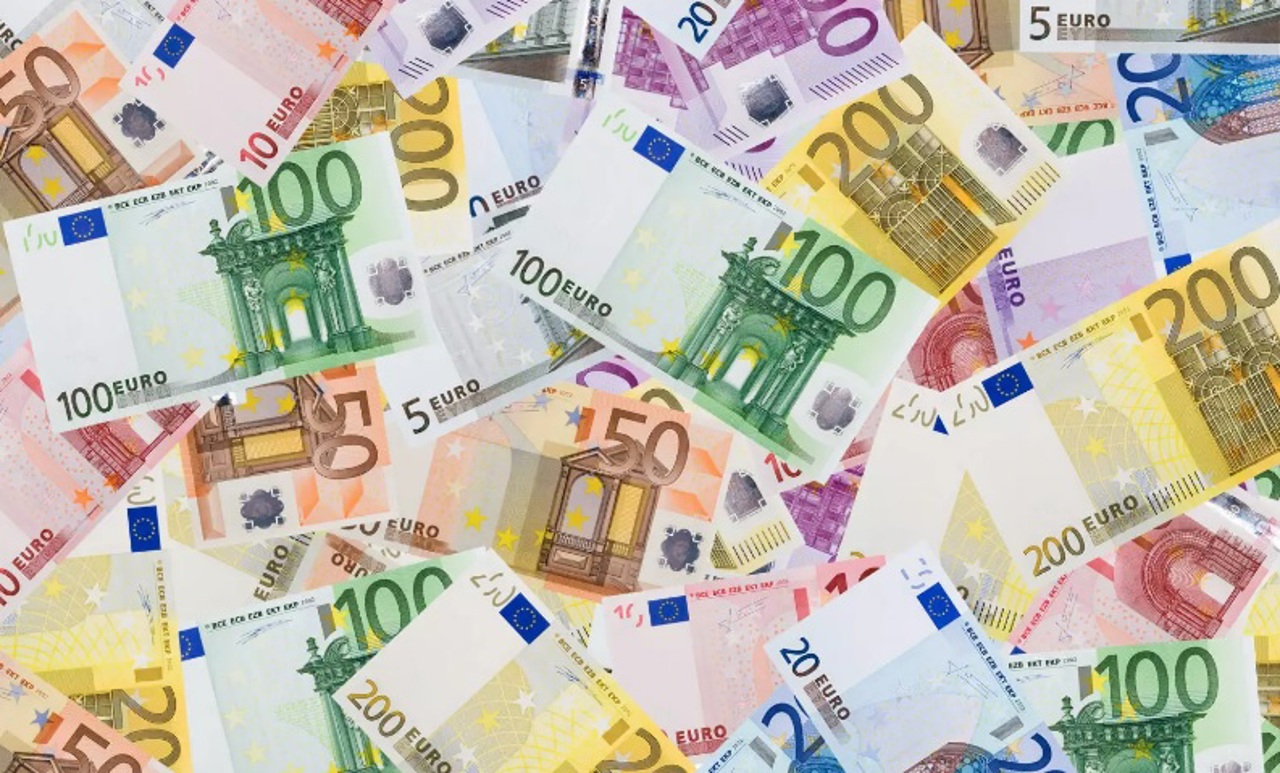
The future of the euro is an incredibly important nuance for many Europeans and even Ukrainians. After all, it is a leading world currency. The economic situation in the world, geopolitical events, and the monetary policy of the European Central Bank (ECB) play key roles in shaping the exchange rate of the euro.
In general, in 2025, the dollar and the euro will compete with each other. By the end of 2024, the prices for the euro are already rising and exceeding those of the dollar. There are many factors that determine the euro's exchange rate on the international stage. Among them, we can highlight:
-
The situation related to the economic conditions in the Eurozone. This involves GDP growth rates, unemployment levels, inflation and its stability.
-
One should not forget about the monetary policy of the ECB. This includes changes in key interest rates and quantitative easing programs.
-
Geopolitical risks are also important for the euro's exchange rate forecasts. This concerns conflicts, sanctions, and trade agreements and their impact on exports.
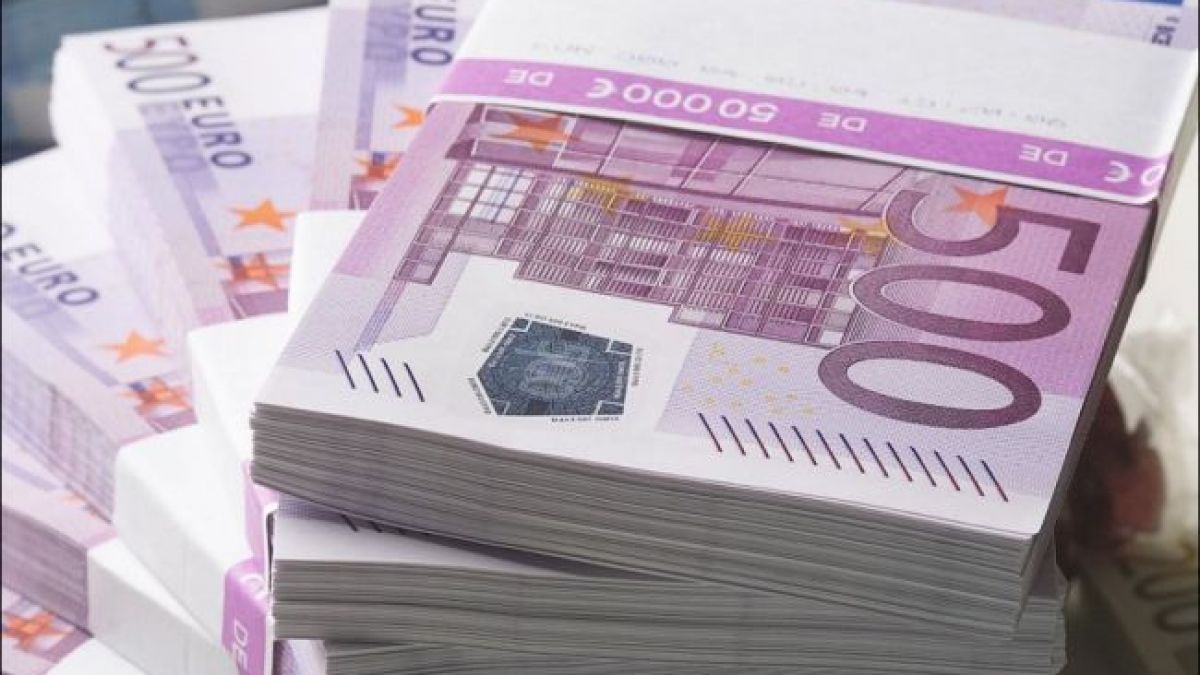
External factors in recent years also influence what the dollar or euro exchange rate will be. This concerns the state of the economies of the USA, China, and other major countries, as well as fluctuations in the US dollar.
What to expect from 2025?
According to the general forecast for next year, the euro will only grow and strengthen its positions. Therefore, it makes sense to first consider a scenario of optimistic growth. If the Eurozone continues to demonstrate confident economic growth, the euro may strengthen. The main prerequisites for such a scenario include:
-
Stabilization of inflation. If the ECB manages to keep inflation at around 2%, it will create favorable conditions for economic growth.
-
Recovery of industries. After a period of decline due to the pandemic, many sectors began to show positive dynamics.
-
Decreased geopolitical tensions. Improved relations with key trading partners may contribute to increased exports.
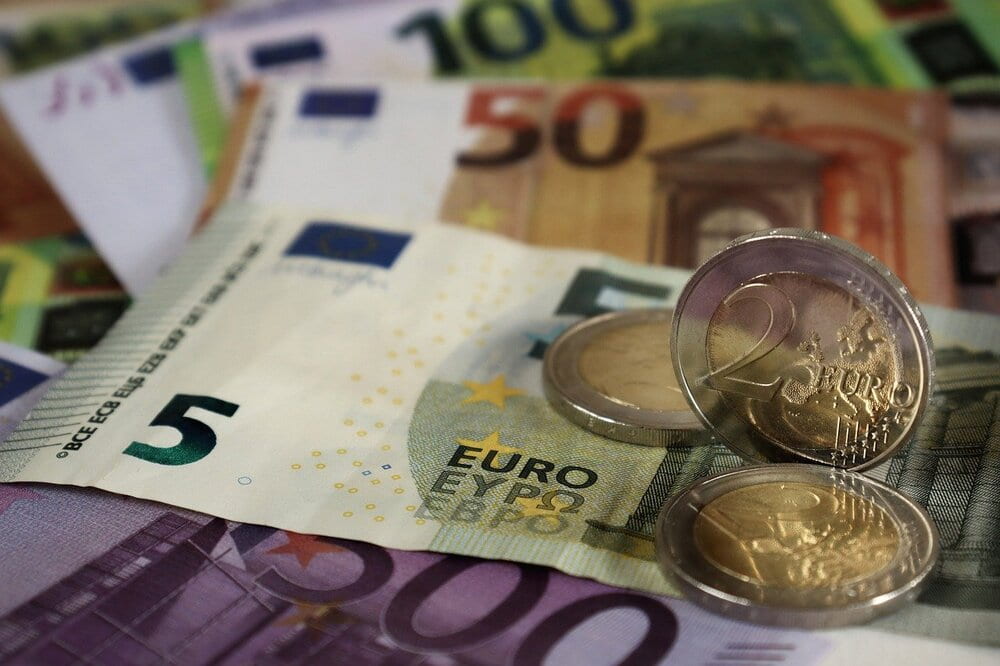
There are also neutral scenarios in forecasts. They do not provide many optimistic probabilities but are still useful for many investors. That is, in the absence of significant changes in the economy and policy of the Eurozone, the euro may remain at current levels or demonstrate minor fluctuations. The main signs of such a scenario include:
-
Maintaining current rates. If the ECB does not significantly alter monetary policy, volatility will remain low.
-
Moderate GDP growth. It is expected that economic activity will grow, but not significantly.
To see a more realistic state of affairs, one must also consider the option of the euro weakening. If the Eurozone faces economic or political crises, the euro may weaken. What to be wary of:
-
Crisis in the energy sphere. This concerns the dependence on energy imports, which remains a vulnerability for the region.
-
Recession. In case of a slowdown in the world economy, the Eurozone may find itself at risk.
-
Dollar strength. The strengthening of the dollar, associated with the tight monetary policy of the Federal Reserve System (FRS), may put pressure on the euro.
In general, every forecast has its own characteristics, prerequisites, and probabilities that it may not occur. Therefore, relying solely on one forecast is not very relevant for an investor.
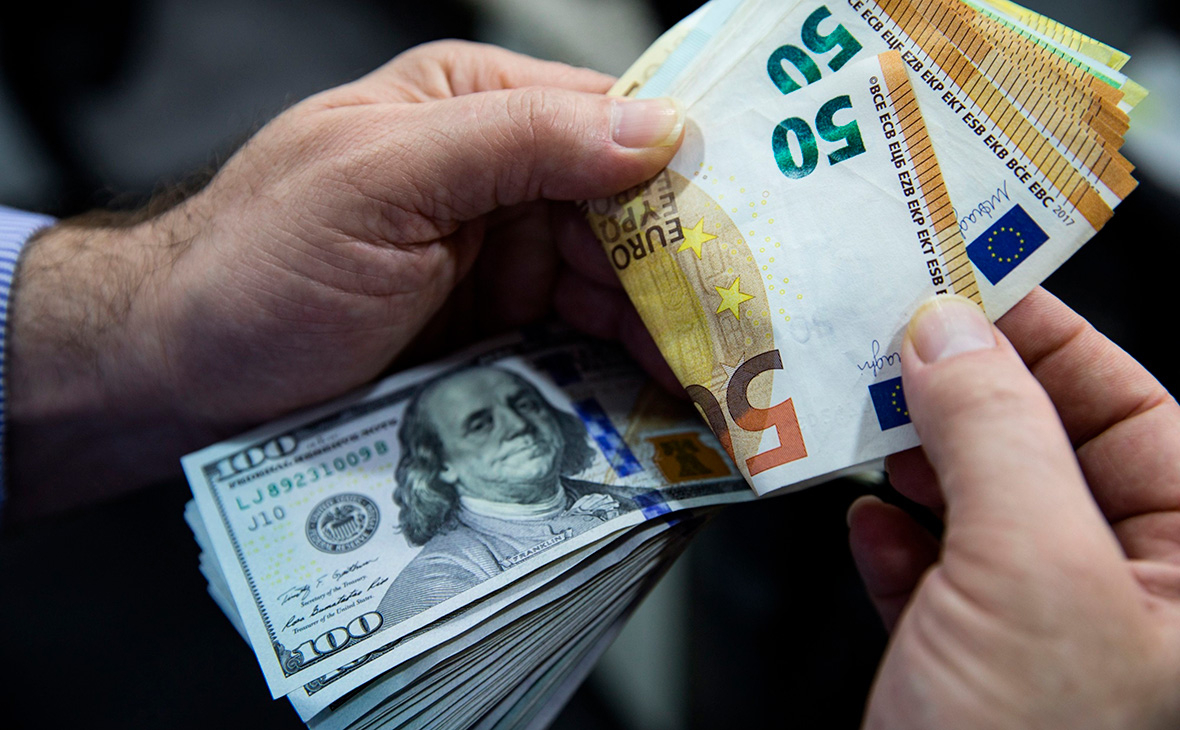
A few words should also be said about the role of the European Central Bank. The ECB plays a key role in managing the euro exchange rate. The bank's policies in 2025 will likely focus on the following aspects:
-
Regulating inflation. The target inflation level of 2% will remain the main task of the ECB. If inflation exceeds these limits, the bank may raise rates, leading to a strengthening of the euro.
-
Strengthening economic factors. The ECB may continue stimulus programs if the Eurozone economy faces difficulties.
-
Developments and innovations in monetary policy. It is possible that the ECB will begin to implement a digital euro, which will also affect the perception of the currency.
Such factors also influence the state of affairs.
How will the global economy influence?
The euro cannot be an isolated currency. It primarily depends on the dollar. However, as recent events show, various political decisions also influence the state of the euro. What factors are better to pay attention to:
-
The USA and the dollar. The euro's exchange rate largely depends on the dynamics of the dollar. If the FRS continues to raise rates, the dollar may strengthen, putting pressure on the euro.
-
Asia. The role of Asian countries in the global economy is growing. The slowdown or acceleration of their economies may affect the Eurozone's exports and, consequently, the euro's exchange rate.
-
The energy market. Prices for energy resources remain an important factor for the Eurozone, given its dependence on imports.
These factors are also significant for the further development of the euro.
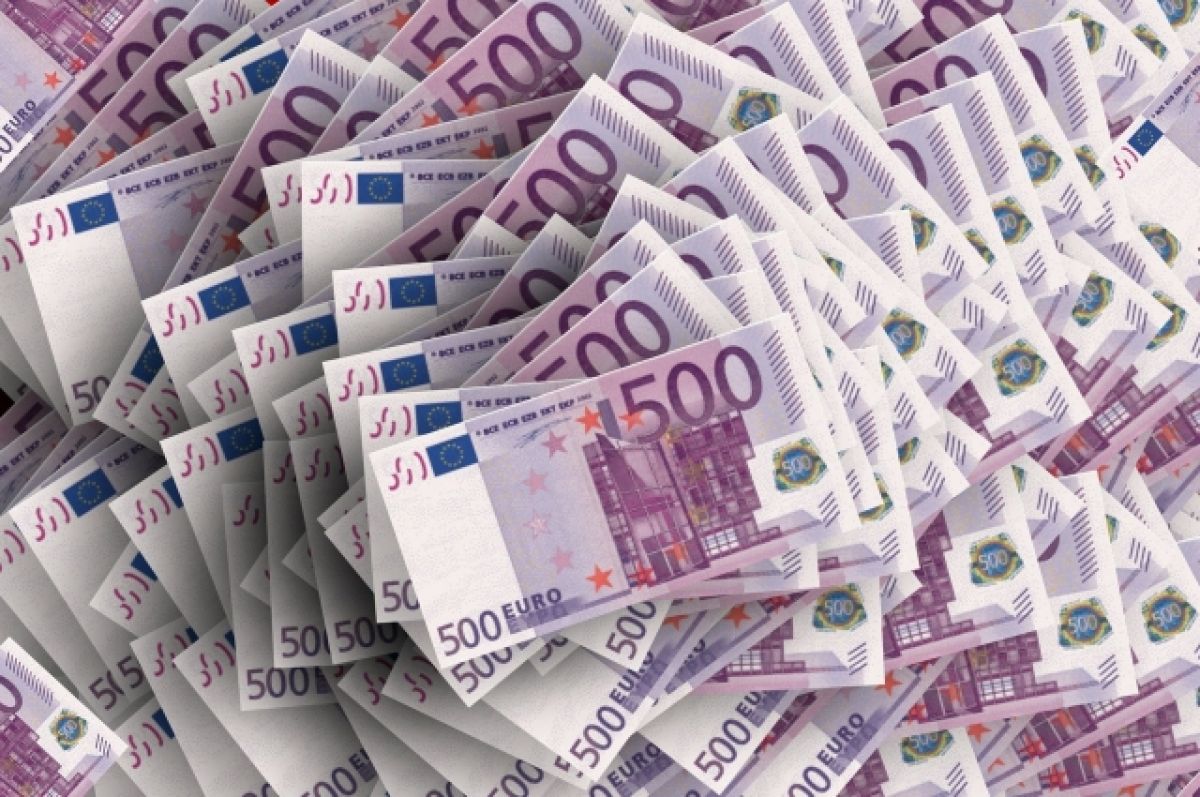
Immediate use of several tips from experienced investors on how to evaluate the euro's situation next year is necessary:
-
Diversification of the portfolio. Do not concentrate solely on the euro or European assets. Consider investing in dollars, gold, or cryptocurrencies.
-
Monitoring policies. ECB Changes in rates and stimulus programs can have a significant impact on the market.
-
Considering geopolitical risks. Global events can heavily influence the euro, so it is important to follow the news.
In general, forecasting the exchange rate of the euro in 2025 is a complex and multifaceted task. It will be influenced by both internal factors and external events. For citizens and businesses, it is important to be prepared for various scenarios, to monitor the ECB's policies, and to consider changes in the global economy. Regardless of how events unfold, the euro will remain one of the key currencies determining the global financial system.
Read also
- Euro to Break 50 Mark: Expert Names Factor That Will Weaken Hryvnia in July
- Not for all pensioners: The Pension Fund explained who will receive an additional 5000 hryvnias every month
- NBU introduced a new coin: what it looks like
- The Best Conversation Ever: Zelensky Discusses Negotiations with Trump and New Steps Against Russia
- In one of the EU countries, a radical decision has been made regarding refugees: what Ukrainians should prepare for starting in October
- The editorial team of The New York Post urged Trump not to leave Ukraine

